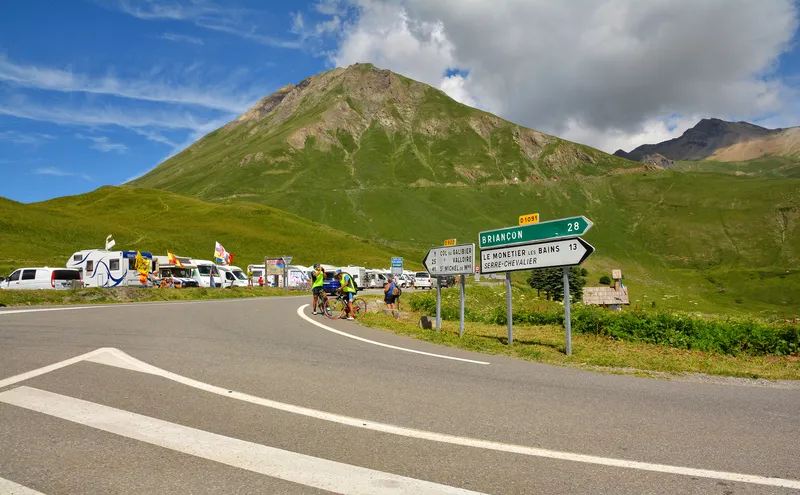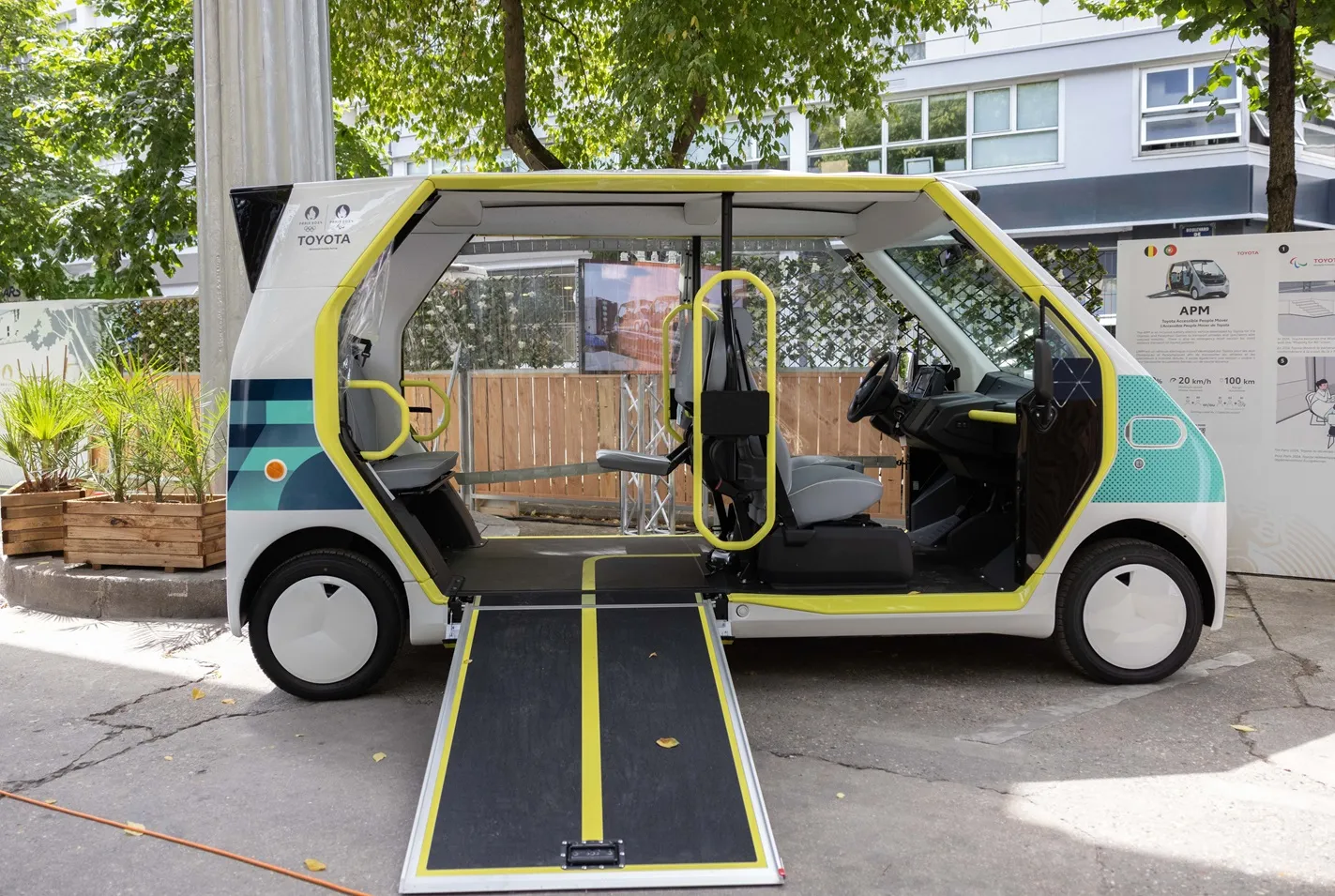
As part of infrastructure development for the 2030 Olympic and Paralympic Games in France, Egis will project manage modernisation of a key road, creating an additional lane for Olympics use which will then be dedicated for public transport and bicycles.
The project was given to Egis - an international company active in the mobility service sector - by the Hautes-Alpes department and the municipality of Briançon, and covers 16km of RD1091 between Briançon and Serre-Chevalier.
The Olympic Lane is for athletes to transfer between the Olympic Village in Briançon and the Olympic Stadium in Serre-Chevalier.
Olympic events in February 2030 will be held across the departments of Alpes-Maritimes and Hautes-Alpes in Provence-Alpes-Côte d'Azur - with the prefecture of Nice hosting most ice events - and the departments of Haute-Savoie and Savoie in Auvergne-Rhône-Alpes. Briançon will host skiing and snowboarding.
After the Games, the new lane will relieve congestion on the RD1091, which sees constantly increasing tourist traffic in this mountainous area of the Auvergne-Rhône-Alpes and Provence-Alpes-Côte d'Azur regions.
At an altitude of 1,326m, Briançon in the Hautes-Alpes department is the highest city in France.
Egis as lead contractor in a consortium will project manage during the design and construction phases. It will work with co-contractor Abest Group which specialises in mountain infrastructure and competition venue development.
“Continuing our commitment [we had] for the Paris 2024 Games, we are proud to contribute to the success of the 2030 Winter Games,” said Diogo Taddei, director of sport and events at Egis.
“This project demonstrates our ability to support major international sporting events while aligning our efforts with a legacy approach.”










